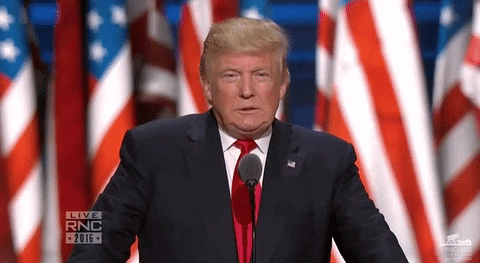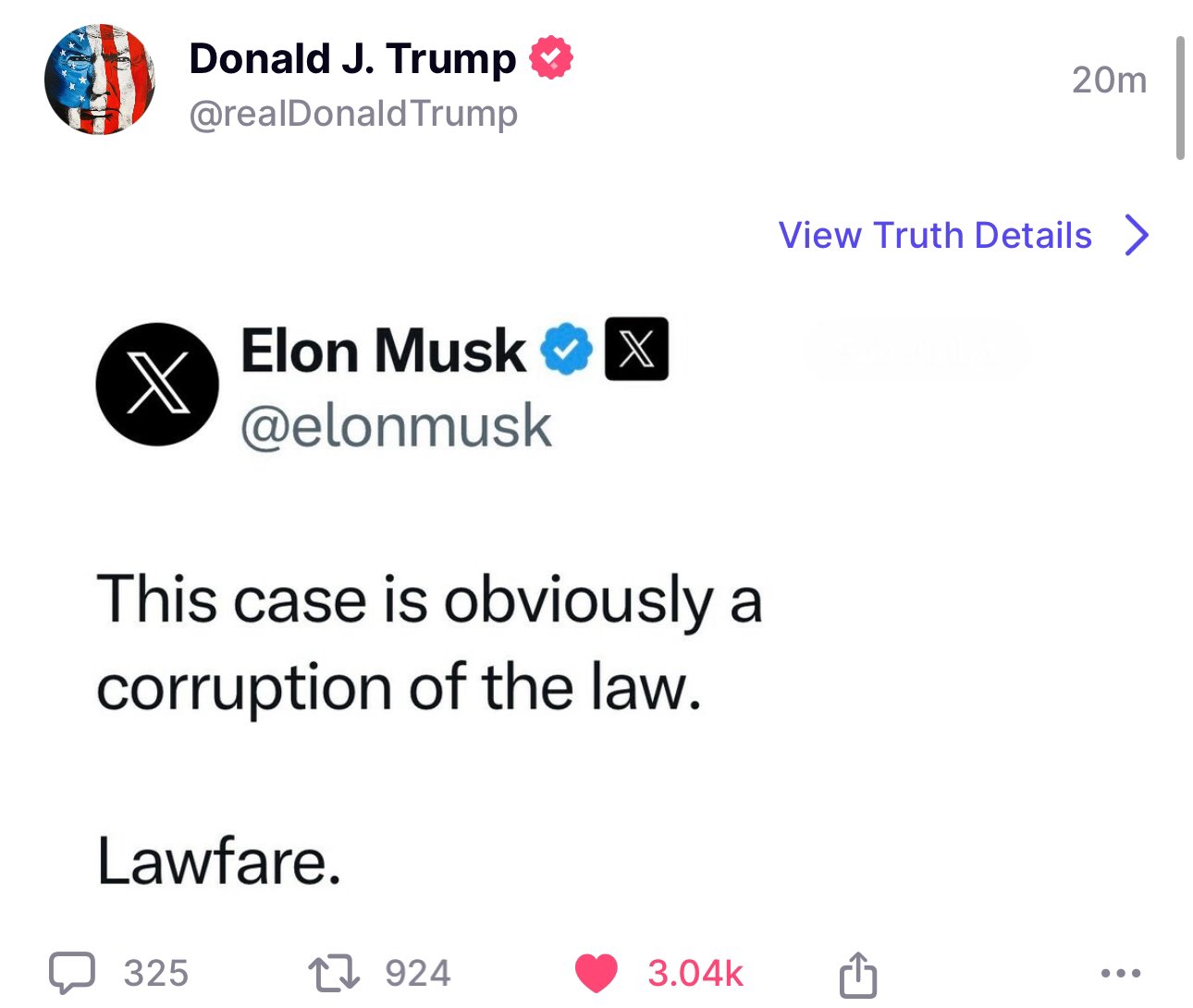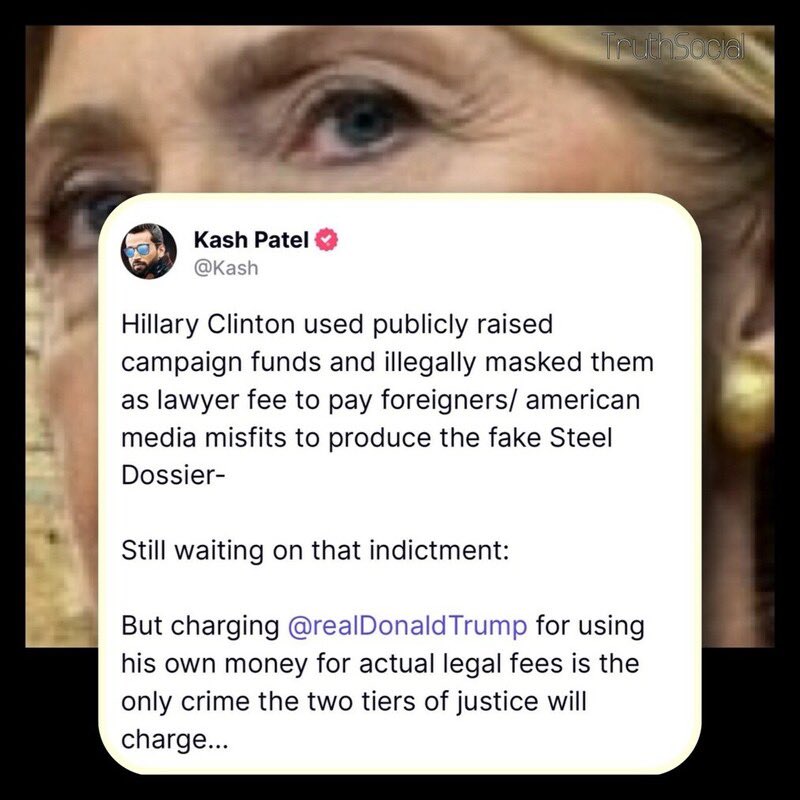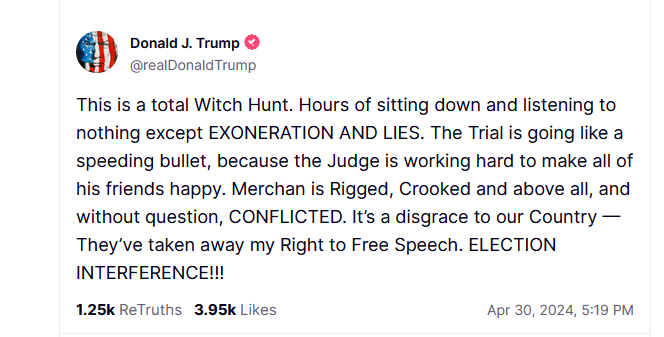Colleges
- American Athletic
- Atlantic Coast
- Big 12
- Big East
- Big Ten
- Colonial
- Conference USA
- Independents (FBS)
- Junior College
- Mountain West
- Northeast
- Pac-12
- Patriot League
- Pioneer League
- Southeastern
- Sun Belt
- Army
- Charlotte
- East Carolina
- Florida Atlantic
- Memphis
- Navy
- North Texas
- Rice
- South Florida
- Temple
- Tulane
- Tulsa
- UAB
- UTSA
- Boston College
- California
- Clemson
- Duke
- Florida State
- Georgia Tech
- Louisville
- Miami (FL)
- North Carolina
- North Carolina State
- Pittsburgh
- Southern Methodist
- Stanford
- Syracuse
- Virginia
- Virginia Tech
- Wake Forest
- Arizona
- Arizona State
- Baylor
- Brigham Young
- Cincinnati
- Colorado
- Houston
- Iowa State
- Kansas
- Kansas State
- Oklahoma State
- TCU
- Texas Tech
- UCF
- Utah
- West Virginia
- Illinois
- Indiana
- Iowa
- Maryland
- Michigan
- Michigan State
- Minnesota
- Nebraska
- Northwestern
- Ohio State
- Oregon
- Penn State
- Purdue
- Rutgers
- UCLA
- USC
- Washington
- Wisconsin
High Schools
- Illinois HS Sports
- Indiana HS Sports
- Iowa HS Sports
- Kansas HS Sports
- Michigan HS Sports
- Minnesota HS Sports
- Missouri HS Sports
- Nebraska HS Sports
- Oklahoma HS Sports
- Texas HS Hoops
- Texas HS Sports
- Wisconsin HS Sports
- Cincinnati HS Sports
- Delaware
- Maryland HS Sports
- New Jersey HS Hoops
- New Jersey HS Sports
- NYC HS Hoops
- Ohio HS Sports
- Pennsylvania HS Sports
- Virginia HS Sports
- West Virginia HS Sports
ADVERTISEMENT
You are using an out of date browser. It may not display this or other websites correctly.
You should upgrade or use an alternative browser.
You should upgrade or use an alternative browser.
Bragg & Merchan overlooked Presidential Immunity in the Trump Trial. Now, Trump's team demands the verdict be vacated in a 55-page brief.
- Thread starter WVU82
- Start date
Viva Frei
@thevivafrei
Joseph Goebbels, Hitler’s propaganda minister, once said: “accuse your adversaries of doing what you are doing, so as to create confusion”.
Today, Trump goes on trial in New York for “election interference”.
Brought by a Soros-funded D.A.
Before a judge with overt animus for Trump.
A judge whose daughter is making money off the prosecution. Whose clients are fundraising off the prosecution.
It is, indeed, election interference that we are witnessing today.
Carried out by the modern-day Joseph Goebbels.
@thevivafrei
Joseph Goebbels, Hitler’s propaganda minister, once said: “accuse your adversaries of doing what you are doing, so as to create confusion”.
Today, Trump goes on trial in New York for “election interference”.
Brought by a Soros-funded D.A.
Before a judge with overt animus for Trump.
A judge whose daughter is making money off the prosecution. Whose clients are fundraising off the prosecution.
It is, indeed, election interference that we are witnessing today.
Carried out by the modern-day Joseph Goebbels.
Read here, as Legal and Constitutional scholar Andrew McCarthy points out all the unconstitutional and illegal proceedings being used against Trump in the New York show trial:
(excerpted from National Review)
By ANDREW C. MCCARTHY
May 4, 2024 12:39 PM
Yesterday, rounding out the Trump trial’s second week was testimony from Hope Hicks, former Trump advisor and campaign communications director — yet another trusted aide with whom the former president seems to have had a falling out (hers stemming from disillusionment over the “stop the steal” scheme and the Capitol riot). Hicks still has obvious affection for the Trump family and her old boss, and at times became teary. Testifying in such circumstances is an ordeal.
Because of that, much is being made about how the emotions of the trial cut: the admiration for Trump expressed by witnesses who know him well – Hicks, David Pecker (the former CEO of AMI, which was the parent company of the National Enquirer), and Rhona Graff (Trump’s longtime assistant at the Trump Organization) – and, comparatively, the across-the-board disdain for Michael Cohen, district attorney Alvin Bragg’s still-to-come star witness. Cohen liked to think of himself as “Mr. Fix It” but, Hicks quipped, that was invariably because he’d “broken it.”
That was a funny line, to be sure. As I’ve observed a few times, though, there is only so much upside Trump can draw from the Cohen well. It was Trump, after all, who kept Cohen around for so many years. Many character traits that make Cohen unlikeable – aggressiveness, dishonesty, etc. – are the very things about him that Trump found useful.
More telling, to my mind, was the last question of the day to Hicks (whose testimony could continue on Monday). On cross-examination, the Times reports, Trump lawyer Emil Bove asked, “While you were focused on your job at the White House, you didn’t have anything to do with the business records of the Trump organization 200-plus miles away in New York City, did you?” Of course, Hicks did not. Bove’s rhetorical purpose was to send the jury home for the weekend with the realization that this criminal trial has now been going on in earnest for two weeks, yet that was the first time a witness has been asked about the business records — you know, what the trial is actually supposed to be about, at least according to the indictment.
Understand, most criminal cases in the United States do not take two weeks to try. There are lots of long trials, too, but to get to this stage of the proceedings and still have the subject matter of the case unaddressed is . . . highly unusual.
That’s because the case is not about what the case is about. That’s why I’m not sure how effective Bove’s shrewd point was. Judge Merchan has helped prosecutors frame the trial as a “conspiracy” case – specifically, a conspiracy to steal the 2016 election by suppressing politically damaging information (allegations of extramarital affairs), supposedly in violation of federal campaign-finance law.
I don’t want to further belabor the record regarding how there is no conspiracy charge in the indictment, how there is no such conspiracy statute in New York law, how Bragg has no authority to enforce federal campaign law, how the statute actually charged in the indictment gives him no such authority under New York constitutional law, and how – even if Bragg arguably had jurisdiction to enforce federal campaign law – the so-called hush-money payments charged (based on lawful non-disclosure agreements (NDAs)) were not campaign expenditures for which that law mandated disclosure. These points may end up being more germane on appeal – which, if Trump gets convicted, could take a year or more to process.
In the here and now, what matters is how the jury is perceiving the case under the influence of Judge Merchan. The jury is not getting, or is at least instructed to avoid, media commentary about the case. Merchan is letting Bragg’s prosecutors present the case as if the charge were conspiracy to suppress politically damaging information, and he slaps down Trump’s lawyers when they try to object. You’d have to think the jurors are seeing the case as Bragg and Merchan want them to see it.
On that score, the Trump defense continued to cast aspersions on Cohen throughout the week. This is the cognitive dissonance of the Trump defense. The former president’s lawyers are trying to stress to the jury that the NDAs are legal – despite the judge’s undermining this true assertion by letting prosecutors tell the jury that the payments were illegal under federal campaign law. Yet the Trump team is simultaneously straining to distance Trump from the payments – maintaining that Cohen was acting as a free agent.
Again, if the defense is that the payments were legal, it is not logical to intimate that this was Cohen’s sordid business and that Trump is uninvolved. It’s also a real high-wire act given that (a) Trump’s lawyers know the evidence will show that Trump reimbursed Cohen for laying out the $130K to pay Stormy, and (b) the jury last week heard Pecker’s testimony regarding Trump asking about McDougal, whom Pecker had paid.
In addition, the jury on Friday heard a snippet of September 6, 2016, conversation (surreptitiously recorded by Cohen) in which Trump and Cohen discussed reimbursing Pecker for the $150,000 the National Enquirer had paid McDougal. Trump was heard asking, “So we gotta pay for this? One-fifty?” He also suggested paying in cash, though Cohen planned to handle it by paying through an obscure LLC he’d set up. The recorded conversation backs up Pecker’s testimony that he had an agreement with Cohen that the Enquirer would transfer to Cohen (and thus to Trump) the exclusive rights to McDougal’s story of an affair with Trump, but that Pecker opted not to follow through after a conversation with his general counsel. The testimony about Pecker’s and the general counsel’s fear of potential illegality should have been inadmissible against Trump; yet, thanks to a ruling from Merchan, prosecutors are using it to imply that the payment was an illegal campaign expenditure.
If the payments were legal, it doesn’t make sense to intimate to the jury that Cohen was furtively acting on his own, without Trump’s knowledge and direction. While Hicks’s testimony was in some ways helpful to Trump, she conceded it was highly unlikely that, while Cohen worked for Trump, he would engage in a transaction that could affect Trump and that involved a significant sum of money, without Trump’s approval. The jury is not going to believe that Cohen – as a prosecutor scoffed – paid big bucks for Trump’s benefit “out of the goodness of his heart.”
I suspect the defense lawyers figure the following: If the jury believes the payments were legal, even if the waters are muddied on that issue, Trump wins the case. But if the jury is misled by Merchan and Bragg into believing that the payments are illegal, Trump’s best hope is (a) to depict Cohen as such a loathsome, mendacious figure that at least some of the jurors will refuse to convict Trump based on Cohen’s actions and testimony; and failing that, (b) to try to get any conviction reversed on appeal, including by arguing that the payments were legal.
You can quibble, as I have, about how the defense lawyers are handling the tough spot they’re in. But it is the judge who has put them in that spot by indulging Bragg’s determination to try Trump for a conspiracy crime that isn’t charged in the indictment (or defined in New York law), and by helping Bragg make up on the fly a novel version of federal campaign law. (*editor's note: ILLEGAL)
Last thing: For a trial initially estimated to take four-to-six weeks, things seem behind schedule, even though jury selection was quick. We still haven’t heard from Karen McDougal, Stormy Daniels, or Michael Cohen. Only Cohen is an essential witness, but the women are likely witnesses, and the testimony of all three would take a while. Then, at some point, there has to be testimony about the Trump Organization’s business records. Plus, there is the matter of whether Trump testifies in his own defense, which would similarly chew up a few days. Maybe the pace will pick up next week, but it’s hard to imagine this trial wrapping up before June.
Understand here folks, Trump is being charged with a crime that not only he didn't committ, but he hasn't actually been formally charged with! (illegal campaign contributions) Moreover, the Prosecutor in the case has no Legal standing to make the charge if it were a crime, so he's making up a crime to charge Trump and the Judge is allowing it! (ie: falsifying business records which is only a misdemeanor and rarely if ever tried in NY State, especially as a Felony)
Can you you say "show trial"? "Railroading"? "Political persecution"? "Which hunt"?
Unreal.
These Leftists sure are desperate folks let me tell 'ya!

Don't let 'em phase you DJT.....you got this!
(excerpted from National Review)
By ANDREW C. MCCARTHY
May 4, 2024 12:39 PM
Yesterday, rounding out the Trump trial’s second week was testimony from Hope Hicks, former Trump advisor and campaign communications director — yet another trusted aide with whom the former president seems to have had a falling out (hers stemming from disillusionment over the “stop the steal” scheme and the Capitol riot). Hicks still has obvious affection for the Trump family and her old boss, and at times became teary. Testifying in such circumstances is an ordeal.
Because of that, much is being made about how the emotions of the trial cut: the admiration for Trump expressed by witnesses who know him well – Hicks, David Pecker (the former CEO of AMI, which was the parent company of the National Enquirer), and Rhona Graff (Trump’s longtime assistant at the Trump Organization) – and, comparatively, the across-the-board disdain for Michael Cohen, district attorney Alvin Bragg’s still-to-come star witness. Cohen liked to think of himself as “Mr. Fix It” but, Hicks quipped, that was invariably because he’d “broken it.”
That was a funny line, to be sure. As I’ve observed a few times, though, there is only so much upside Trump can draw from the Cohen well. It was Trump, after all, who kept Cohen around for so many years. Many character traits that make Cohen unlikeable – aggressiveness, dishonesty, etc. – are the very things about him that Trump found useful.
More telling, to my mind, was the last question of the day to Hicks (whose testimony could continue on Monday). On cross-examination, the Times reports, Trump lawyer Emil Bove asked, “While you were focused on your job at the White House, you didn’t have anything to do with the business records of the Trump organization 200-plus miles away in New York City, did you?” Of course, Hicks did not. Bove’s rhetorical purpose was to send the jury home for the weekend with the realization that this criminal trial has now been going on in earnest for two weeks, yet that was the first time a witness has been asked about the business records — you know, what the trial is actually supposed to be about, at least according to the indictment.
Understand, most criminal cases in the United States do not take two weeks to try. There are lots of long trials, too, but to get to this stage of the proceedings and still have the subject matter of the case unaddressed is . . . highly unusual.
That’s because the case is not about what the case is about. That’s why I’m not sure how effective Bove’s shrewd point was. Judge Merchan has helped prosecutors frame the trial as a “conspiracy” case – specifically, a conspiracy to steal the 2016 election by suppressing politically damaging information (allegations of extramarital affairs), supposedly in violation of federal campaign-finance law.
I don’t want to further belabor the record regarding how there is no conspiracy charge in the indictment, how there is no such conspiracy statute in New York law, how Bragg has no authority to enforce federal campaign law, how the statute actually charged in the indictment gives him no such authority under New York constitutional law, and how – even if Bragg arguably had jurisdiction to enforce federal campaign law – the so-called hush-money payments charged (based on lawful non-disclosure agreements (NDAs)) were not campaign expenditures for which that law mandated disclosure. These points may end up being more germane on appeal – which, if Trump gets convicted, could take a year or more to process.
In the here and now, what matters is how the jury is perceiving the case under the influence of Judge Merchan. The jury is not getting, or is at least instructed to avoid, media commentary about the case. Merchan is letting Bragg’s prosecutors present the case as if the charge were conspiracy to suppress politically damaging information, and he slaps down Trump’s lawyers when they try to object. You’d have to think the jurors are seeing the case as Bragg and Merchan want them to see it.
On that score, the Trump defense continued to cast aspersions on Cohen throughout the week. This is the cognitive dissonance of the Trump defense. The former president’s lawyers are trying to stress to the jury that the NDAs are legal – despite the judge’s undermining this true assertion by letting prosecutors tell the jury that the payments were illegal under federal campaign law. Yet the Trump team is simultaneously straining to distance Trump from the payments – maintaining that Cohen was acting as a free agent.
Again, if the defense is that the payments were legal, it is not logical to intimate that this was Cohen’s sordid business and that Trump is uninvolved. It’s also a real high-wire act given that (a) Trump’s lawyers know the evidence will show that Trump reimbursed Cohen for laying out the $130K to pay Stormy, and (b) the jury last week heard Pecker’s testimony regarding Trump asking about McDougal, whom Pecker had paid.
In addition, the jury on Friday heard a snippet of September 6, 2016, conversation (surreptitiously recorded by Cohen) in which Trump and Cohen discussed reimbursing Pecker for the $150,000 the National Enquirer had paid McDougal. Trump was heard asking, “So we gotta pay for this? One-fifty?” He also suggested paying in cash, though Cohen planned to handle it by paying through an obscure LLC he’d set up. The recorded conversation backs up Pecker’s testimony that he had an agreement with Cohen that the Enquirer would transfer to Cohen (and thus to Trump) the exclusive rights to McDougal’s story of an affair with Trump, but that Pecker opted not to follow through after a conversation with his general counsel. The testimony about Pecker’s and the general counsel’s fear of potential illegality should have been inadmissible against Trump; yet, thanks to a ruling from Merchan, prosecutors are using it to imply that the payment was an illegal campaign expenditure.
If the payments were legal, it doesn’t make sense to intimate to the jury that Cohen was furtively acting on his own, without Trump’s knowledge and direction. While Hicks’s testimony was in some ways helpful to Trump, she conceded it was highly unlikely that, while Cohen worked for Trump, he would engage in a transaction that could affect Trump and that involved a significant sum of money, without Trump’s approval. The jury is not going to believe that Cohen – as a prosecutor scoffed – paid big bucks for Trump’s benefit “out of the goodness of his heart.”
I suspect the defense lawyers figure the following: If the jury believes the payments were legal, even if the waters are muddied on that issue, Trump wins the case. But if the jury is misled by Merchan and Bragg into believing that the payments are illegal, Trump’s best hope is (a) to depict Cohen as such a loathsome, mendacious figure that at least some of the jurors will refuse to convict Trump based on Cohen’s actions and testimony; and failing that, (b) to try to get any conviction reversed on appeal, including by arguing that the payments were legal.
You can quibble, as I have, about how the defense lawyers are handling the tough spot they’re in. But it is the judge who has put them in that spot by indulging Bragg’s determination to try Trump for a conspiracy crime that isn’t charged in the indictment (or defined in New York law), and by helping Bragg make up on the fly a novel version of federal campaign law. (*editor's note: ILLEGAL)
Last thing: For a trial initially estimated to take four-to-six weeks, things seem behind schedule, even though jury selection was quick. We still haven’t heard from Karen McDougal, Stormy Daniels, or Michael Cohen. Only Cohen is an essential witness, but the women are likely witnesses, and the testimony of all three would take a while. Then, at some point, there has to be testimony about the Trump Organization’s business records. Plus, there is the matter of whether Trump testifies in his own defense, which would similarly chew up a few days. Maybe the pace will pick up next week, but it’s hard to imagine this trial wrapping up before June.
Understand here folks, Trump is being charged with a crime that not only he didn't committ, but he hasn't actually been formally charged with! (illegal campaign contributions) Moreover, the Prosecutor in the case has no Legal standing to make the charge if it were a crime, so he's making up a crime to charge Trump and the Judge is allowing it! (ie: falsifying business records which is only a misdemeanor and rarely if ever tried in NY State, especially as a Felony)
Can you you say "show trial"? "Railroading"? "Political persecution"? "Which hunt"?
Unreal.
These Leftists sure are desperate folks let me tell 'ya!

Don't let 'em phase you DJT.....you got this!
Last edited:
Similar threads
- Replies
- 75
- Views
- 2K
- Replies
- 4
- Views
- 534
Opinion: The Supreme Court just showed us that Trump is not incompetent. He's a master of corruption
- Replies
- 14
- Views
- 1K
ADVERTISEMENT
ADVERTISEMENT


